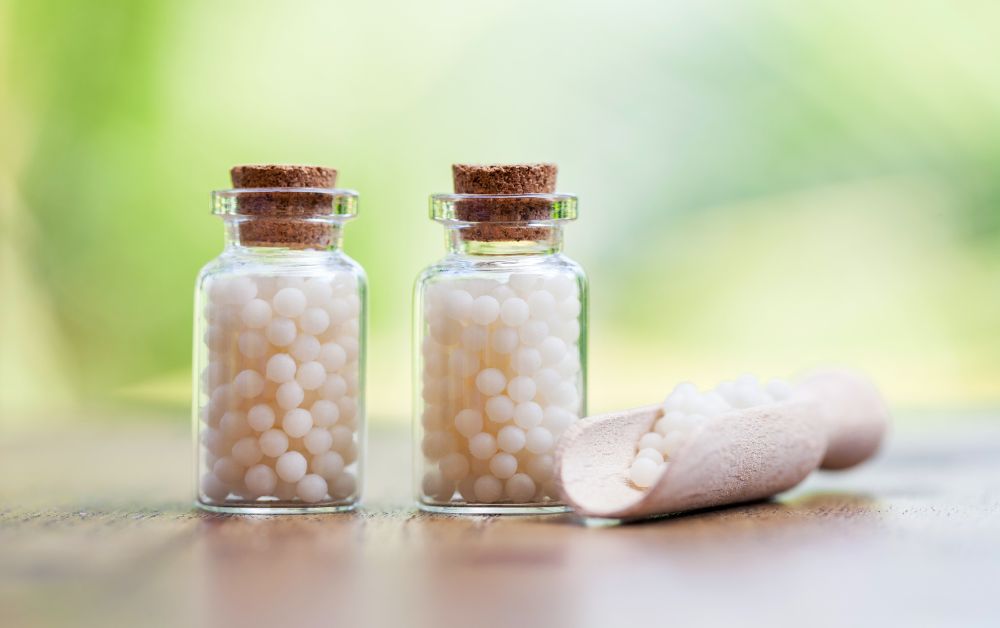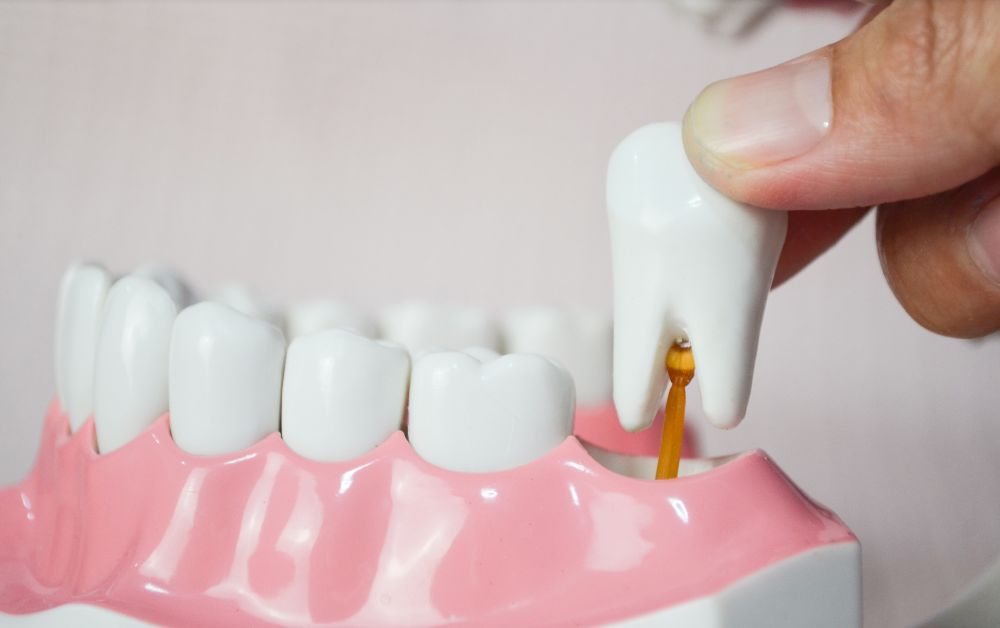Benadryl is an allergy medication that is used to treat allergies, seasonal allergies, runny noses, colds, and other allergy symptoms. Benadryl is an allergy medication that is used to treat allergies, seasonal allergies, runny noses, colds, and other allergy symptoms.
This drug’s half-life affects how long it remains in someone’s body. The medication was first produced in 1943 and purchased by Pfizer in 1946; making it the first antagonist to be approved by the FDA in the US It is, without a doubt, the most widely used antihistamine on the market.
There were no safety and effectiveness criteria in place when it was initially introduced to the market. Considering today’s strict medical standards, it’s debatable whether the medication would be allowed over-usage if it were new to the market. Lots of folks who take this medication have most likely experienced sleepiness as a result of it.
It has also been linked to shock and death, as well as harming the brain and respiration. Regretfully, Benadryl is still often prescribed and given today, owing to its long history and high brand awareness.
Benadryl-taking children have been proven to have low academic achievement. Fatal accidents in automobiles, airplanes, and ships have also resulted in injuries and deaths cognitive impairment. Rapid pulse rate, illusions, agitation, distortion of eyes, epilepsy, accelerated heart rhythm, and fatalities are all side effects of Benadryl, especially when used in excessive quantities.
The half-life of this drug:
The half-life of a medication is affected by several factors, including dosage and frequency, as well as a drug overdose. These factors also have an impact on the outcome of a drug test. The half-life generally refers to the amount of time it takes for 50 percent of the medication to be eliminated from the body.
Benadryl has a half-life that varies between 3 and 10 hours. In addition, in young and healthy people, the median half-life is around 5 hours. It is expected that the medication will be entirely flushed out after 48 hours based on the median value.
Half of this antibiotic will be removed from the body after 12 hours of oral treatment. As per research, this anti-allergy medication can remain in the bloodstream for up to two days in a healthy adult. This medicine can remain in the body for more than two days in people who are sick, especially those who have liver or renal issues.
Benadryl cannot be detected on a drug test without the use of a specific drug testing kit. according to research, this is the allergen that causes the most false positive drug test results when compared to the other allergens.
Effectiveness of Benadryl:
Oral administration of Benadryl takes 20-30 minutes for the body to absorb. According to research, the anti-allergy drug’s first effects might be visible within 15 minutes.
This anti-allergy medication kicks in quickly after being administered. Topical administration of this medicinal drug is used to treat skin allergies and associated symptoms, and its effects can be observed within a day.
Factor influencing the duration of Benadryl in your body:
The medication might last up to 2 days in the body. However, based on a variety of circumstances, this time frame may alter. Aside from the method of administration, there are a few other factors that influence how long a medicinal medication stays in the body.
1. Age is a factor:
The half-life of this medication is heavily influenced by the patient’s age. It’s worth noting that the half-life of Benadryl is much shorter in adults and children than in the elderly. In the case of the former, they can get rid of Benadryl far more quickly than individuals over 65.
In addition, a physician will have to evaluate the patient’s age to calculate the appropriate dose. As a consequence, if you’re a young adult, your body will be able to remove Benadryl more quickly than if you’re an elderly person.
2. Metabolic rate and overall health:
The length of time medicines stay in the system is also determined by an individual’s general health. Because all medicines are processed in the liver and discharged via the kidneys via urine, the health of both the liver and kidneys is important.
They would be able to drain this drug out of the system faster if they were healthy and working properly. If either or even both of them seem to have difficulty, the anti-allergy medicine will stay in the system for longer. An individual’s metabolism also has an impact.
A quicker metabolism rate will result in faster expulsion of the drug from the body as compared to those with a slower metabolism.
3. Amount of Usage:
The amount of medicine you take will have a significant impact on the length of time it remains in your system. This implies that a person who takes a greater dose of the medicine may need more time to get the drug out of his system.
4. Periodicity:
The length of time a medication stays in the system is determined by the frequency with which it is administered. Benadryl should be taken every 4-7.4 hours, according to the recommended dosage.
The length of time this medicinal medication remains in the system is affected by frequent usage or overdosing. When taken once a day, on the other hand, the benefits begin to wear off sooner than when taken many times a day. Taking it once a day, on the other hand, may not be beneficial in treating the disease for which it was given.
Conclusion:
Detoxing from Benadryl takes a lot of work, especially if a patient has been taking it for a long period or has taken an overdose. Research claims that effective detoxification eliminates withdrawal symptoms. An overdose of this anti-allergy medication needs immediate medical attention.
During this emergency therapy, the patient will be given fluids, medications to counteract the drug’s effects, and activated charcoal will be used. Having a lot of water increases the removal of Benadryl from the body. Although this is a simple method of flushing out medicine, it is also a safe and efficient method for alleviating allergy symptoms.
Hello there!
I’m Daniel, a dedicated blogger passionate about uncovering unique ideas and the latest trends in the industry. I have a deep interest in sharing these details with all of you.
Through this blog, I aim to provide you with valuable insights and perspectives. Instead of focusing solely on travel and outdoor activities, I delve into diverse topics that captivate your attention. From intriguing news updates to practical money-saving tips, I explore various subjects.
Additionally, I offer detailed reviews of the gear I’ve acquired on my journeys, and I guide you through the step-by-step process of planning an unforgettable trip.
Are you ready to embark on an extraordinary journey? By immersing yourself in this blog, reading it regularly, finding inspiration, and sharing my stories with your friends, you’ll enhance your next adventure, making it truly memorable, enjoyable, and unforgettable.
I appreciate your support!



